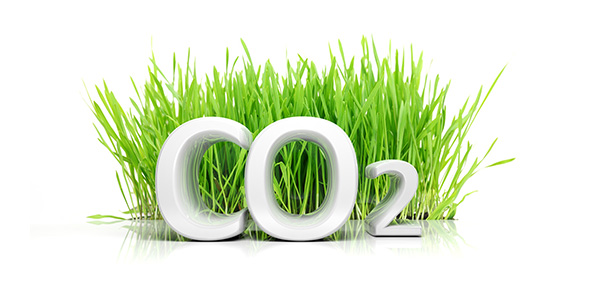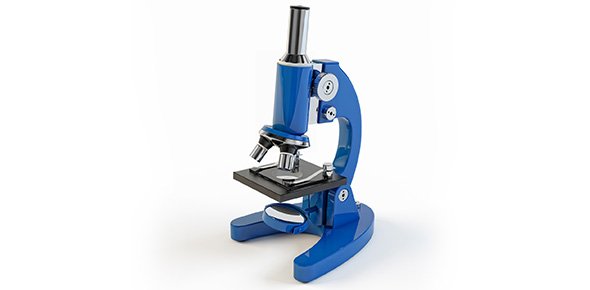Related Flashcards
Related Topics
Cards In This Set
| Front | Back |
|
Salon Ecology
|
Involves how to keep the special enviornment of the salon in balance to guarantee everyone's health.
|
|
Microbiology
|
The study of small living organisms called microbes, such as bacteria.
|
|
Bacteria
|
One celled micro-organisms; also called germs or microbes.
|
|
What is Bacteria referred to?
|
Bactericolgy
|
|
Nonpathogenic
|
Non-disease-producing bacteria.
|
|
Pathogenic
|
Disease-producing bacteria.
|
|
Saprophytes
(SAP-ro-fights)
|
Nonpathogenic bacteria that live on dead matter and do not produce disease.
|
|
Cocci
(KOK-si)
|
Spherical(round)-shaped bacterial cells, which appear singularly or in groups.
|
|
Staphylococci
(staf-i-lo-KOK-si)
|
Pus-forming bacterial cells that form grape-like bunches or clusters and are present in abscesses, pustules and boils.
|
|
Streptococci
(strep-to-KOK-si)
|
Pus-forming bacterial cells that form in long chains and can cause septisemia (something called blood poisoning), strep throat, rheumatic fever and other serious infections.
|
|
Diplococci
(dip-lo-KOK-si)
|
Bacterial cells that grow in pairs and are the cause of certain infections, including pneumonia.
|
|
Bacilli
(ba-SIL-i)
|
Bar- or rod-shaped cells that can produce a variety of diseases including tetanus, bacterial influenza, typhoid fever, tuberculosis and diphtheria.
|
|
Spirilla
(speye-RIL-a)
|
Spiraled, coiled, corkscrew-shaped bacterial cells that cause highly contagious diseases such as syphilis, cholera and lyme disease.
|
|
Active Stage
|
Bacteria reproduce and grow rapidly.
|
|
Inactive Stage or dormant stage
|
Cells die.
|








